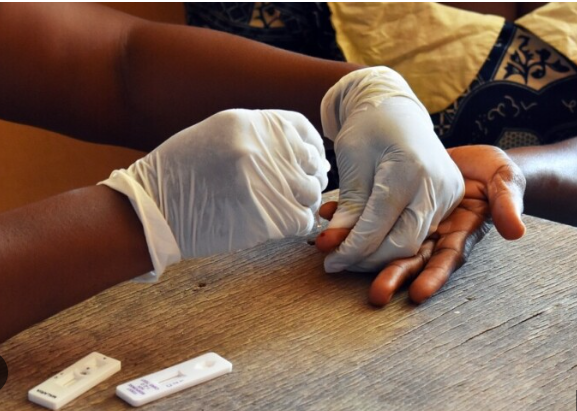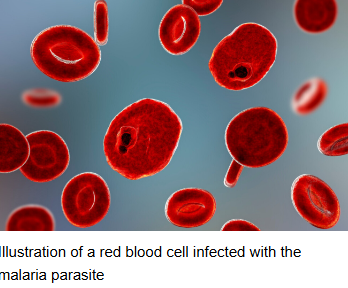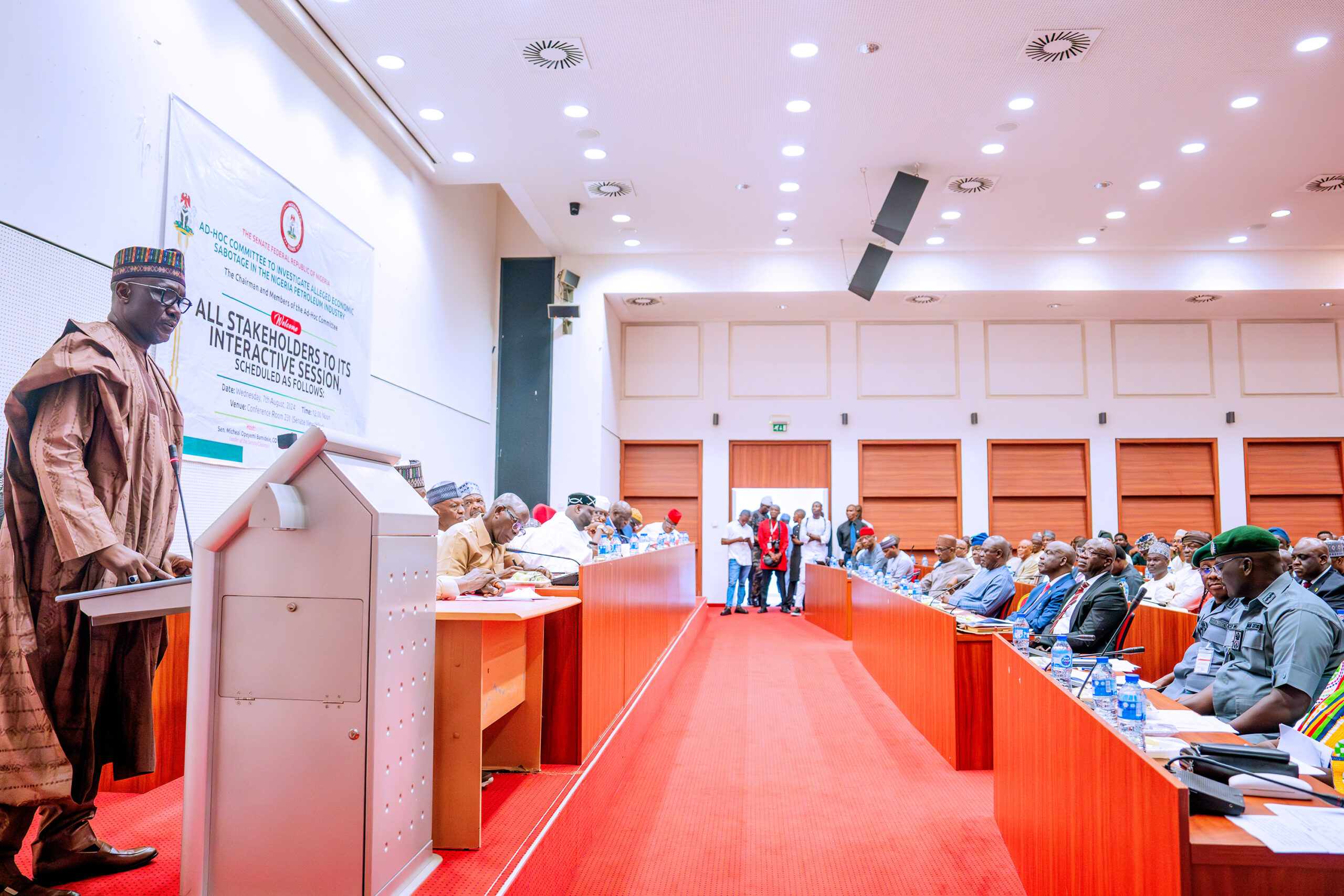By Joke Kujenya
SCIENTISTS HAVE reveals they made a breakthrough in malaria vaccine research by intentionally infecting volunteers with malaria.
This “human challenge” study, conducted by an international team, has provided crucial insights that could lead to more effective malaria vaccines.
Malaria, a disease transmitted by mosquitoes, caused an estimated 608,000 deaths in 2022, primarily in sub-Saharan Africa.
The study showed that traditional vaccines, which focus on generating antibodies to block the malaria parasite from entering human cells, might not be enough.
Instead, antibodies that engage other parts of the immune system, such as macrophages and natural killer cells, offer stronger protection.
Researchers from Imperial College London, Heidelberg University Hospital, and the Kenya Medical Research Institute led this study.
Professor Faith Osier, a key figure in the research, highlighted the need for highly effective and long-lasting malaria vaccines.
She emphasized that the study’s findings could lead to significant improvements in malaria vaccines and potentially save many lives worldwide.
The malaria parasite is complex, with over 5,000 protein building blocks, making vaccine development challenging.
The parasite undergoes several transformations within the human body and mosquitoes, complicating the immune system’s response.
During the study, 142 adult volunteers from Kenya, who had previous malaria exposure, were intentionally infected with malaria in a controlled environment.
The volunteers’ immune responses were closely monitored.
The findings revealed that antibodies which “recruit” other immune components were more effective in preventing illness than those merely blocking the parasite.
The team also discovered that the parasite leaves proteins on the surface of infected and uninfected red blood cells.
These proteins are detected by antibodies that mobilize other immune system parts.
This insight opens a new direction for vaccine research, aiming to find proteins that these “recruiting” antibodies can target.

Professor Osier is also spearheading a £6.5 million vaccine manufacturing hub, the Chanjo Hub, in Africa.
This initiative aims to bolster vaccine production capabilities in Africa, with pilot projects in Kenya and Ghana.
The Chanjo Hub collaborates with partners like Tasa Pharma, Avril Biopharma, and the Centre for Process Innovation to develop and test new malaria vaccines.
Histesh Vaghjiani of Tasa Pharma expressed enthusiasm about the partnership’s potential to enhance vaccine production in Africa and develop a groundbreaking malaria vaccine.
Dr. Eluem Blyden of Avril Biopharma praised the initiative for its focus on local development and production of next-generation malaria vaccines.
Philip Probert of the Centre for Process Innovation and Dr. Ebenizer Ansa of Ghana’s Council for Scientific and Industrial Research both lauded the project’s potential to save lives and improve vaccine acceptance and use in Africa.
He notes that the research represents a significant step towards better malaria vaccines and highlights the importance of innovative approaches in combating global health challenges.
At JKNewsMedia, our dedication to delivering reliable news and insightful information to our cherished readers remains unwavering. Every day, we strive to provide you with top-notch content that informs and enlightens. By donating to JKNewsMedia, you directly contribute to our mission of delivering quality journalism that empowers and informs. Your support fuels our commitment to bringing you the latest updates and in-depth analysis. Let's continue to uphold the highest standards of journalism and serve our community with integrity and dedication. Thank you for being a part of the JKNewsMedia family and for your ongoing support.





